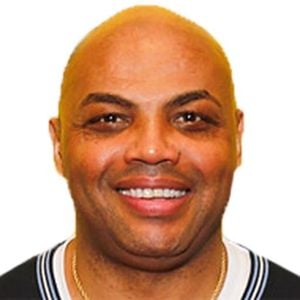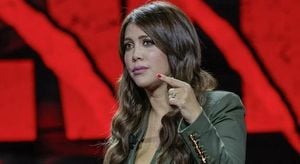Joanna Opozda, a Polish actress, is currently embroiled in a highly publicized legal battle regarding visitation rights for her three-year-old son, Vincent, with his grandmother, Małgorzata Ostrowska-Królikowska. The situation has escalated to the point where Opozda has publicly appealed to the Children’s Rights Ombudsman for assistance, citing concerns over the emotional impact these court-mandated visits may have on her son.
The tumultuous relationship between Opozda and her estranged husband, Antoni Królikowski, has been a source of media scrutiny since their marriage ended amid scandal just before the birth of their child. The couple is still awaiting a divorce, and their separation has not been without complications, particularly concerning their son’s welfare.
Recently, Opozda revealed that a court ruling has granted Królikowska visitation rights, allowing her to see Vincent once a month for two hours. However, the arrangement stipulates that Opozda must leave her son at an address designated by his grandmother, without any prior meeting or introduction. "I have to go there and drop Vincent off like a sack of potatoes and say, 'Son, you will now be with your grandmother. You don’t know this lady, but I’m leaving you here for two hours,'" Opozda expressed in a heartfelt video posted on her social media.
Opozda’s concerns are compounded by the fact that her son has not seen his grandmother for two years. She fears that this abrupt reintroduction could cause significant trauma to Vincent, who is too young to understand the situation. "Imagine imposing such hell and trauma on a three-year-old who won’t even know what’s happening?" she exclaimed, highlighting the absurdity of the court’s decision. She also mentioned that her son lacks a sense of time and may struggle to comprehend the situation.
In her emotional appeal, Opozda noted that she consulted a child psychologist, who echoed her fears. The psychologist stated that forcing such meetings could violate the child's rights and potentially lead to long-term emotional issues. Opozda shared, "The psychologist said that this is disgraceful and that it is tantamount to inflicting trauma for a lifetime on a child."
Adding to her frustration, Opozda has publicly criticized Królikowski for his perceived lack of involvement in their son’s life. She insists that she has never tried to limit his access to Vincent, but rather has been proactive in trying to facilitate meetings. "I proposed meetings in the presence of lawyers and to establish details in a written agreement, but there was no interest from him," she stated, asserting that Królikowski has not taken the necessary steps to build a relationship with their son.
Opozda expressed her dismay over the burden of facilitating her son's relationship with his paternal family falling solely on her shoulders. "Why should I have to organize and manage this? If Antoni wants his mother to have contact with Vincent, he should first build a relationship with his son himself," she asserted. "This is his family, not mine. Why do I have to do everything?"
Moreover, Opozda highlighted the logistical challenges posed by the court’s visitation schedule, which mandates that meetings occur between noon and 2 PM—exactly when her son typically takes his nap. "I mentioned this, but it seems no one cares," she lamented, showcasing the emotional toll this situation has taken on her.
Opozda's public outcry has garnered significant attention, with many following her story closely. She is adamant about fighting against what she perceives as an unjust ruling that compromises her son’s well-being. "I feel like I’m at a dead end, and my child’s rights are being violated," she stated in a recent social media post.
As the situation unfolds, neither Królikowski nor his mother has publicly responded to Opozda’s allegations or the ongoing legal disputes. The spotlight remains on this family drama, raising questions about parental rights and the emotional impacts of custody arrangements on young children.
In conclusion, Joanna Opozda's plea for help highlights the complexities of navigating family law, especially when a child's emotional health is at stake. Her determination to advocate for her son's rights underscores the significant challenges faced by parents in similar situations, bringing to light the need for sensitive handling of such delicate matters.









